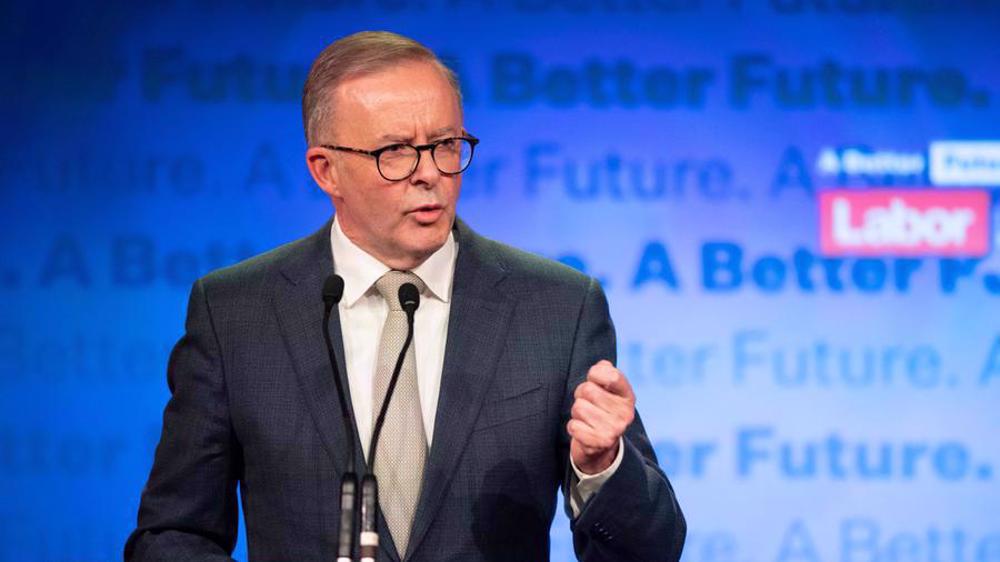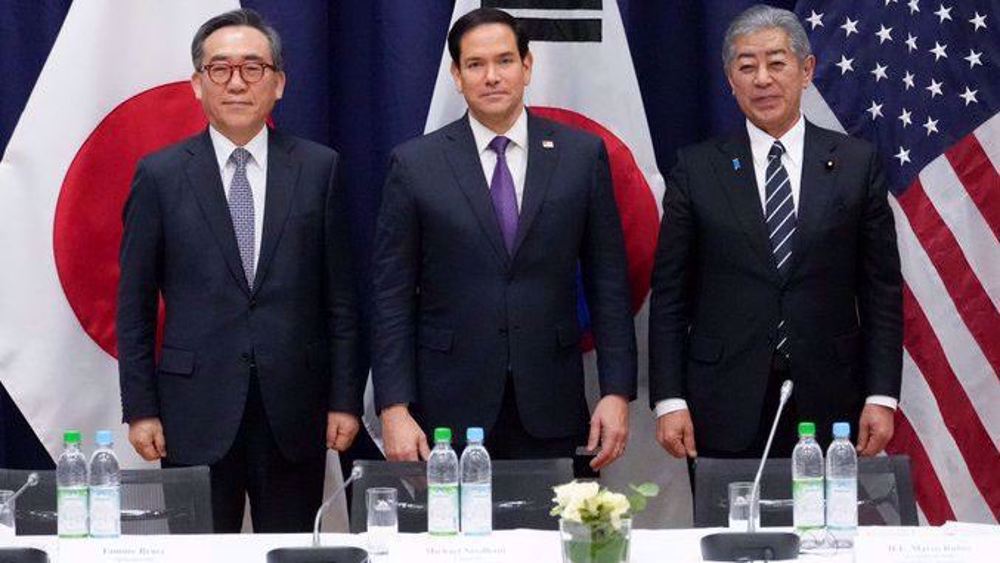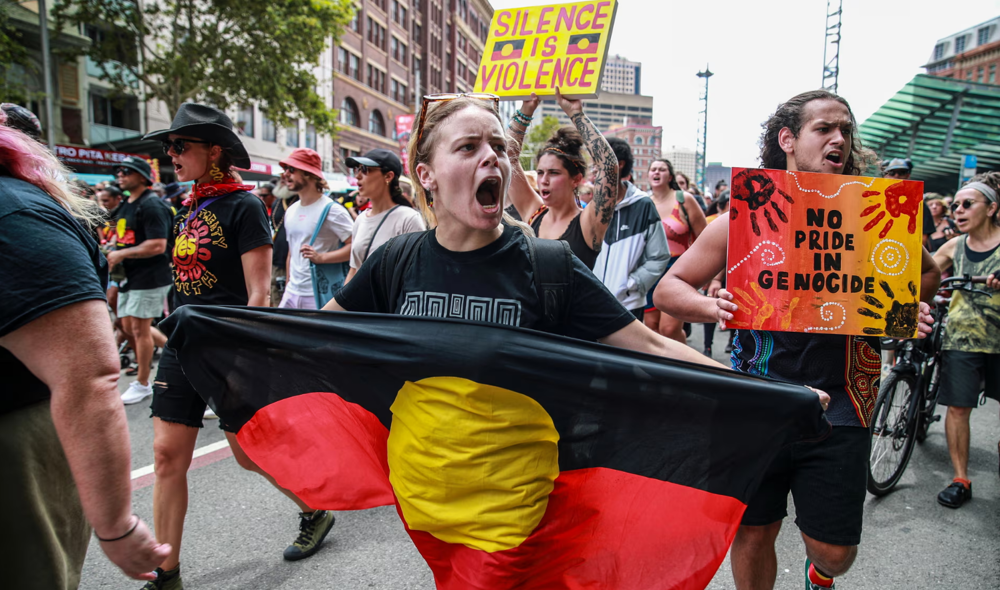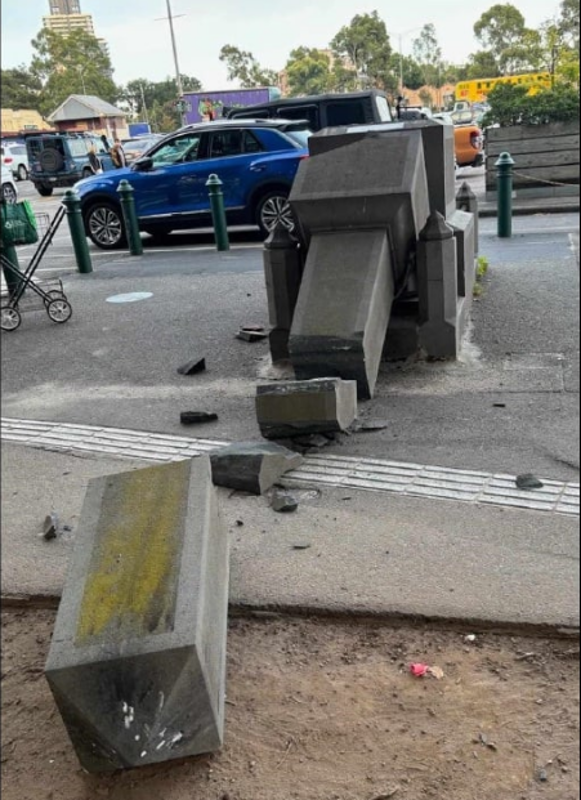Indigenous rights advocates stage rallies across Australia before vote
Australians have staged demonstrations around the country to show support for a landmark Indigenous rights reform bill for the First Peoples of Australia.
Tens of thousands joined “Walk for Yes” events in major Australian cities on Sunday, ahead of the vote on October 14 that could grant Indigenous Australians a constitutionally enshrined right to be consulted on policies that affect them.
Since the British colonized Australia more than 200 years ago, this is the first time the Indigenous people whose ancestors have lived on the continent for about 60,000 years, are being given the chance to have a “voice” in the country’s legal affairs.
“I think we need a voice in parliament and I think it’s about time,” said Laurel Johnson, a retired Indigenous community services worker taking part in a rally in Sydney.
Asked if the Voice would improve the lot of Indigenous people, she said: “I jolly well hope so.”
Her younger sister Priscilla pointed out that some of the Indigenous people in the country still lived in “Third World” conditions.
“Australia is considered a First World country. The poor social determinants of health have been continuous since the 1788 invasion,” she said, referring to the landing of the First Fleet that established a British penal colony in Australia.
In Melbourne, more than 10,000 supporters marched through the streets, some with banners reading: “You’re the voice, vote yes.”
Thousands more gathered in Canberra, Perth, Brisbane, Darwin, Hobart and Alice Springs.
However, polls show that the majority of Australians are against the reforms proposed by Prime Minister Anthony Albanese.
Albanese, who during his election vowed to improve Australia’s tarnished image abroad, launched the “Vote Yes” campaign weeks ago to recognize the First Peoples of Australia's right to have a voice in the country’s politics.
The “yes” campaign launched a TV advertisement featuring an Indigenous boy who asks: “Will I grow up in a country that hears my voice? Will I live as long as other Australians? Will I get to go to a good school?”
Indigenous people in Australia generally have lesser education and lower life expectancy than the majority of the population.
In order to pass the bill, the referendum needs majority support across Australia but also a majority in at least four of the six states.
For eligible Australians, voting is compulsory with non-voters who don’t have a valid reason liable to a fine of 20 Australian dollars.
VIDEO | Iran’s Eurasia Expo 2025 showcases free trade zone opportunities
VIDEO | Nigeria legislature investigates USAID for suspicions of sponsoring terrorism
VIDEO | Yemen's mysterious water well said to help cure illnesses
VIDEO | Iranian women in Sydney challenge Western narratives
Iran urges speeding up of legal processing of Israel’s genocide, war crime cases
VIDEO | Large protests held as Germany goes to polls
VIDEO | With Adnan Mansour on Lebanon, its future
VIDEO | 'Captives only released under Resistance terms'










 This makes it easy to access the Press TV website
This makes it easy to access the Press TV website